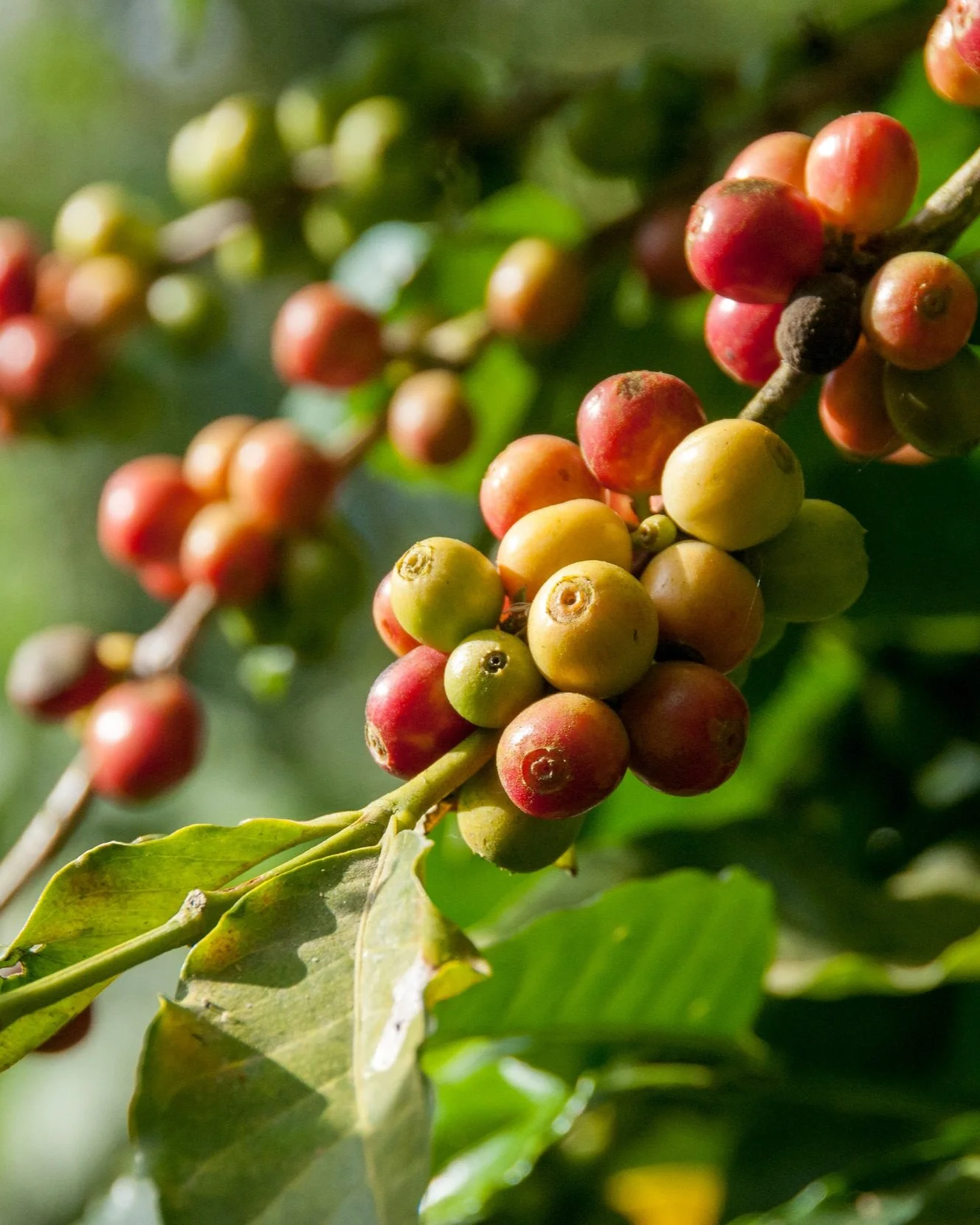A Brief History of Coffee
From Goats to the Pope to Sustainable Farming, Coffee Has a Fascinating Past
From Ethiopia to the United States, the coffee bean has had a long journey. The invigorating plant has been consumed by humans for thousands of years, though not always in the form of a drink. It’s been part of historical events, including the Boston Tea Party, and was even blessed by the Pope. Read on to travel back to the beginning of this ancient beverage.
The Origin of Coffee
Though several legends surround the origin of coffee, the most widely known features an Ethiopian goat herder named Kaldi. Living between 700 and 800 AD, Kaldi was tending to his goats when he noticed they had more energy than usual. He discovered that they’d been eating a plant with small red berries and, after trying the fruit out himself, felt the same invigorating effects. Seeking guidance, he introduced the berries to monks at a nearby monastery, who enjoyed the burst of energy and began eating the fruit to improve their focus.
However, it’s believed that our tradition of roasting coffee beans for drinking didn’t come about until the 13th century, much after Kaldi’s discovery. Ancient humans likely ate the fruit instead, often combined with animal fat to create a portable snack.
Coffee Makes a Pilgrimage
Coffee eventually traveled to Yemen, via the port of Mocha. The drink became immensely popular in the region of Arabia, and Muslims used it to facilitate staying awake during long nights of prayer. It even came to earn the nickname the “Wine of Araby,” as alcohol is forbidden.
Foreigners tried the drink while on pilgrimage to Mecca, enjoying sipping it in coffee houses. The governor of Mecca eventually banned the drink, fearful of its stimulating effect, but after extensive protests and a decree from the Sultan, the ban was lifted.
The Expansion of Coffee Cultivation
Until the 17th century, coffee was grown almost exclusively in Arabia and Africa. However, an Indian man named Baba Budan carried fertile beans back to his home country after a pilgrimage and successfully grew the plant there. This was the beginning of the expansive coffee empire.
In 1616, the Dutch established the first European-owned coffee plantation in Sri Lanka, and eventually expanded into Java, Indonesia as well. With European cultivation came European importation, and coffee arrived in Venice in 1570. Due to its bitter flavor and intoxicating effects, the drink initially received the same reaction it had earned from the governor of Mecca, earning itself the nickname “the devil’s cup.” Thankfully, Pope Clement VIII eventually tried coffee for himself and declared it to be a “Christian drink,” even going so far as to baptize it.
Coffee’s popularity grew rapidly, expanding into Italy and France. The first British coffee house was established in 1652, inspired by those in Arabia, and others soon followed, becoming places of conversation and intellectual debate.
Coffee Moves to the Americas
Coffee came to the Americas in the 18th century, with the Spanish cultivating it in Central America and the French establishing plantations in the Caribbean. Brazilian Lieutenant Colonel Palheta obtained clippings of the plant from the French and began to grow coffee in his own country. This proved hugely successful, and Brazil remains the largest producer of coffee today.
The United States, on the other hand, is the leading importer of coffee. After the Boston Tea Party in 1773, Americans were encouraged to give up tea in favor of the more “patriotic” coffee for their morning beverage. As the drink’s popularity continued to grow, innovations came with it, including new ways of brewing and new entrepreneurs with methods of dispersing it across the country.
Direct Trade: The Future of Coffee
By the 1960s, a preference for specialty coffee was percolating. This led to the establishment of Starbucks in 1971. Likewise, some coffee sippers began to recognize a need for sustainable and responsible coffee production. The concept gave way to the “third wave” of coffee, which emphasizes quality, direct trade, and sustainability.
Responsibly sourced coffee is becoming increasingly popular. Built on standards of economic and environmental sustainability, as well as quality, this practice helps ensure farmers and workers are treated fairly, paid reasonable wages, enjoy safe working conditions, and are given opportunities for economic growth and development. Coffee drinkers can contribute to this sustainability by composting with coffee grounds, opting for low-waste brewing methods, and being conscious consumers.
However, although direct trade coffee is increasingly accessible, it still accounts for a small percentage of the massive market. We believe we can do better, which is why Civilized Coffee is built on genuine relationships and sustainable farming principles. We’re proud to partner with local, small-scale farmers, who contribute generations of coffee expertise. In this way, we can offer transparency, direct trade practices, and fair prices from farmer to consumer, all while delivering a delicious, high-quality cup of coffee.


